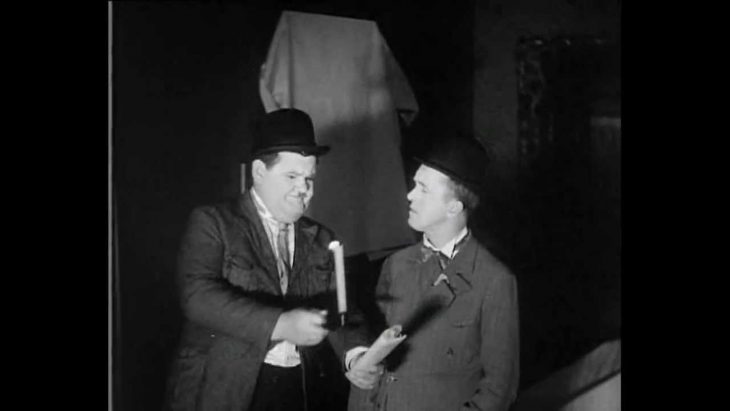
Word of the Day: Oxymoron
The Mirriam-Webster word of the day for today is oxymoron. The dictionary defines it as “a combination of contradictory or incongruous words (such as cruel kindness); broadly : something (such as a concept) that is made up of contradictory or incongruous elements” (https://www.merriam-webster.com/word-of-the-day). The dictionary continues, “The Greeks exhaustively classified the elements of rhetoric, or effective speech and writing, and gave the name oxymoron—literally ‘pointed foolishness’—to the deliberate juxtaposing of seemingly contradictory words. The roots of oxymoron, oxys meaning ‘sharp’ or ‘keen,’ and mōros meaning ‘foolish,’ are nearly antonyms themselves, making oxymoron nicely self-descriptive. Oxymoron originally applied to a meaningful paradox condensed into a couple of words, as in ‘precious bane,’ ‘lonely crowd,’ or ‘sweet sorrow.’ Today, however, what is commonly cited as an oxymoron is often simply a curiosity of language, where one or both elements have multiple meanings (shrimp in ‘jumbo shrimp’ doesn’t mean ‘small’; it refers to a sea creature), or a phrase whose elements seem antithetical in spirit, such as ‘classic rock.’”
According to www.etymonline.com, the word entered the language in the “1650s, from Greek oxymōron, noun use of neuter of oxymōros (adj.) ‘pointedly foolish,’ from oxys ‘sharp, pointed’ (from PIE root *ak- ‘be sharp, rise (out) to a point, pierce’) + mōros ‘stupid’ (see moron). The word itself is an illustration of the thing. Now often used loosely to mean ‘contradiction in terms.’” You might remember that the English Renaissance was a period when a lot of “ink horn” terms came into the language from the classical languages. Oh, and according to www.dictionary.com, it is pronounced / ˌɒk sɪˈmɔr ɒn, /, with the primary stress on the third syllable. I have heard people pronounce it with the primary stress on the second syllable, but General American Speech says otherwise.
There are lots of popular oxymorons. Here are a few of the more popular ones:
He was in military intelligence.
This is another fine mess you have got us into (if this is not familiar to you, you need to watch some Laurel and Hardy, though the actual quote says “nice mess”).
Suddenly the room filled with a deafening silence.
The comedian was seriously funny.
Do you have the original copies that we requested?
This is a genuine imitation Rolex watch.
These came from https://www.vappingo.com/word-blog/64-examples-of-oxymorons-in-sentences/, but they are all pretty well known. On the other hand, the same webpage lists these two:
You are clearly confused by the situation you have found yourself in.
His new girlfriend really is pretty ugly.
But these are not really examples. In the first one, clearly does not modify confused but is actually what we call a sentence modifier, modifying the idea of the whole sentence. You can tell because it is possible to move the modifier without changing the meaning of the sentence: “Clearly, you are confused….” “You, clearly, are confused….” “You are confused by the situation you have found yourself in, clearly.” In the second sentence, pretty is not used in the sense of attractive but rather as an intensifier, like very or rather: “His new girlfriend really is very ugly,” or “really ugly,” or extremely ugly.”
But let’s not forget that oxymoron can refer to any contradiction in terms. For instance, at the school where I teach, we have a provost who claims to be the speaker for the faculty. Except that she has, on at least a couple of occasions, sat in judgment of a faculty member. When asked why the faculty member had no representation, she has replied that she speaks for the faculty. But she cannot represent or speak for the faculty and sit in judgment at the same time. That is oxymoronic. It’s also very, very sad.
The still photo is from https://www.youtube.com/watch?v=W3qcj2MzPYc, a video of bits from Laurel and Hardy.